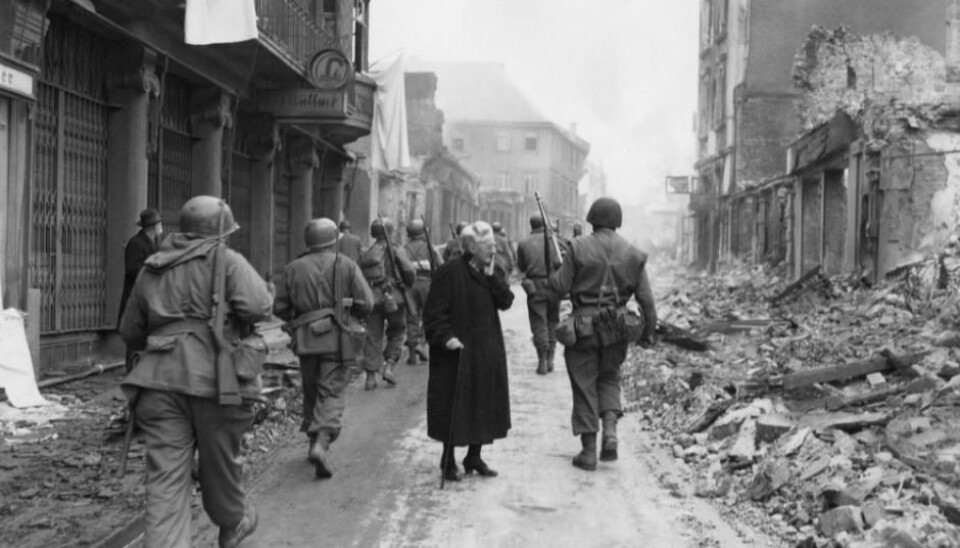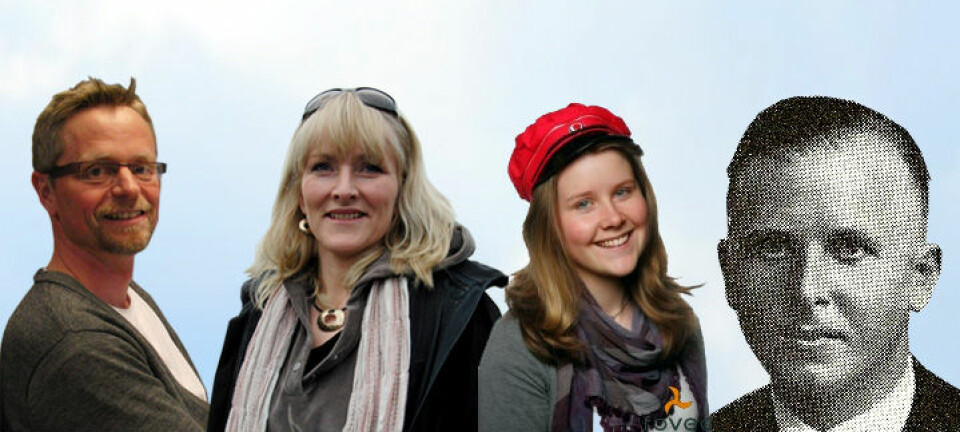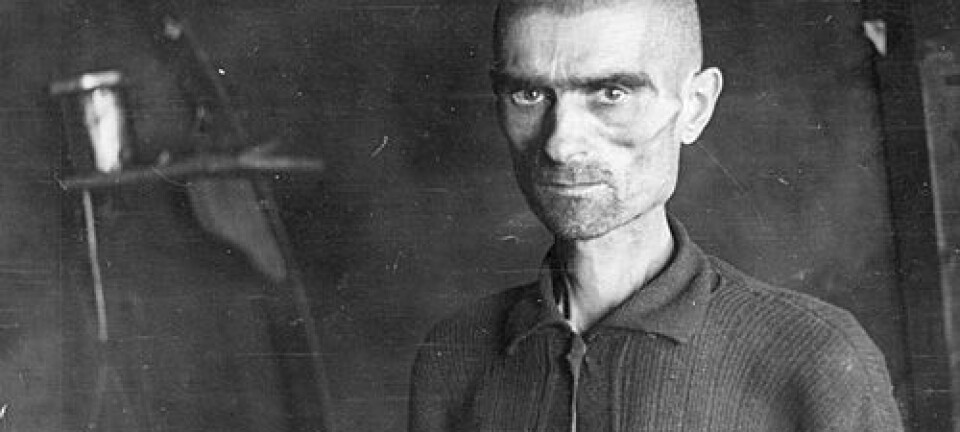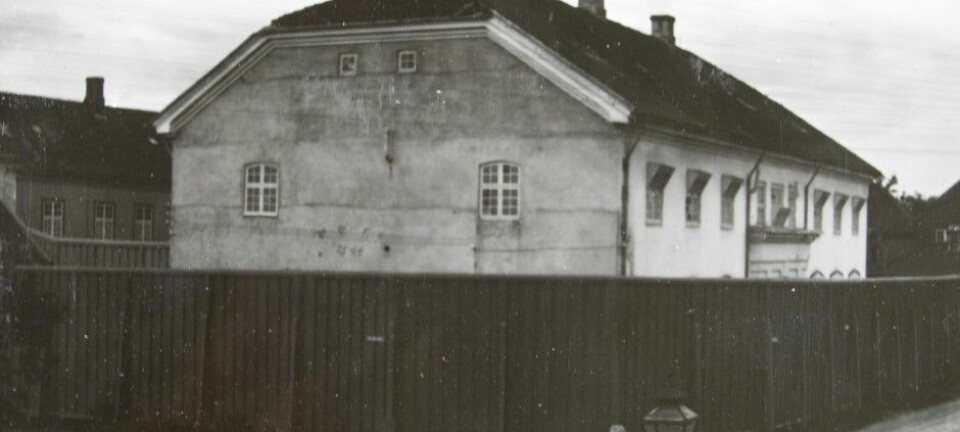
Sexual offences increased in Denmark during the Second World War
The number of sexual offences against women and children in Denmark increased by almost 50 per cent during the Nazi occupation between 1940 and 1945, shows new research.
“It was just crazy.”
That was historian Sofie Lene Baks’ first reaction when she analysed the criminal reports and convictions of rape and sexual offences in Denmark during the German occupation between 1940 and 1945.
“There was a significant increase in convictions of sex crimes in this period. In addition to rape, the number of convictions for indecent exposure, which was defined as, for example, exhibitionism, attempt of rape, or forced oral sex, increased by 50 per cent,” says Bak, who is an associate professor in history at The Saxo Institute—Archaeology, Ethnology, History, Greek, and Latin, at the University of Copenhagen, Denmark.
In the new study, Bak analysed data from Statistics Denmark of reported sexual offences between 1938 and 1955, and theorised over what drove Danish men to behave in this way under Nazi-occupation.
War changes people forever

According to Bak, one of the reasons behind the increase in sex crimes could be due to the extreme pressure that Danish society was exposed to at the time.
“Danes were exposed to increased pressure related to making your daily life function on all fronts. Food was rationed and there were goods that you suddenly couldn’t get. Moreover, there was a civil war-like state with fighting between the Danish-German troops and the resistance movement. Danes often woke up to the sight of dead bodies in the streets, which also made most people feel a high degree of angst,” she says.
The war created a “brutalisation” of the culture in which norms and our otherwise respectful ways of dealing with each other were discarded, says Bak.
“My data show that criminality such as thefts and burglary also increased during the occupation. This suggests that there was a fundamental change in behaviour. The war changed the basic confidence in society because normal people feared attacks and criminality to a totally different extent than before the occupation,” she says.
Men react with violence, women with sadness
Increased pressure and anxiety felt during war often has this effect on a population.
Both men and women react with violence but sexual offences are predominantly carried out by men, says Bak.
“The difference in the reaction among the sexes relates to the way that we manage anger and frustrations. Women typically express their anger as feelings of guilt and sorrow, whereas men react differently and become more extroverted,” she says, but emphasises that this is just one possible interpretation.
“The increase is not surprising”
The increase in the number of reported sexual offences during and after occupation does not surprise Robin May Schott, a senior researcher in peace, risk, and violence at the Danish Institute for International Studies (DIIS) in Copenhagen, Denmark.
“Sex crimes are a phenomenon you often see during situations of war where trust and respect for each other disappears. There’s also research from the former Yugoslavia that shows that after the war there was a dramatic increase in domestic violence committed by men who had themselves been subjected to violence,” says Schott.
He adds that when a country is under attack, it often has a transformative effect on civilian populations and their surroundings.
“Everything changes during war. In Syria for example, the war affects the population’s relationship to the sky because they fear being bombed from above. Other relationships such as food, family, medical treatment, and school time often changes markedly,” she says.
Schott describes the study as reliable and thorough, but the relationship between a population’s state of stress, fear and anger with the stress of individuals should be investigated further before drawing conclusions on the increase in sex crimes.
-----------------------
Read more in the Danish version on Videnskab.dk
Translated by: Catherine Jex










